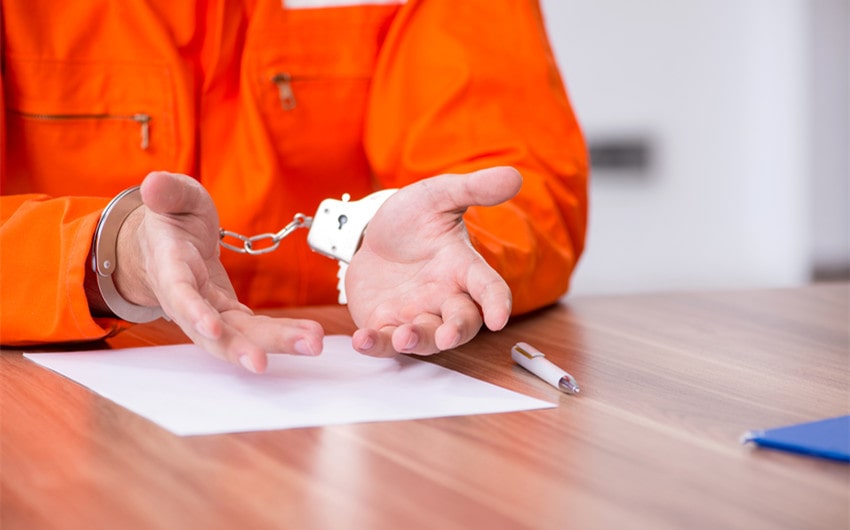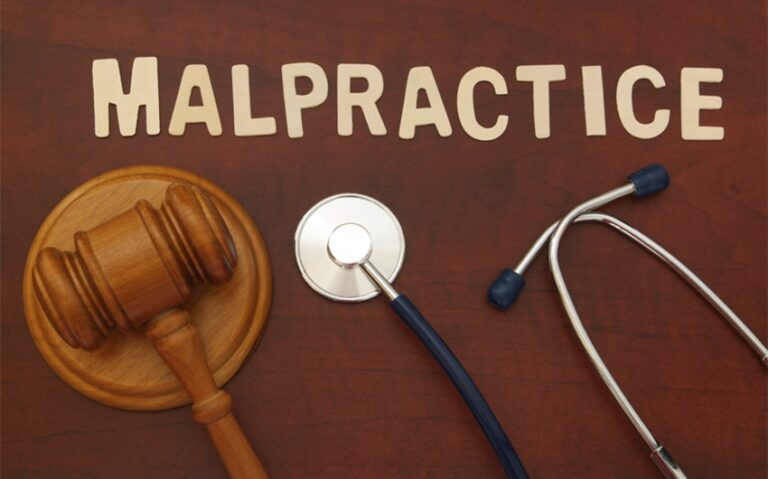How Supervision Works Under Probation and Parole
The Bureau of Justice Statistics states that by the end of 2023, the number of adults on parole fell from 700,800 to 680,400. From 2013 to the end of 2023, the community supervision numbers of those listed under parole and probation decreased by 23%.
Individuals who are on probation or parole can still be free and move around the community as long as they stick to certain rules. They would be monitored by someone to keep them in line.
They are required to report to an officer, submit to drug testing, or maintain a curfew. They are also not allowed to travel. These approaches are meant to give opportunities for people to restart their lives but at the same time hold them accountable for what they have done.
What if something goes wrong? How can an officer assist you in overcoming the obstacle? Let’s find out the difference between parole and probation and what to anticipate during the process.
Understanding Probation and Parole
Probation and parole are components within the justice system that impose supervision by specific authorities. Probation refers to a type of sentencing that allows a sentence to be served in the community under certain restrictions rather than immediate jail time. It follows the principles of rehabilitation and gives an opportunity for the offender to prove to everyone that he can truly change for the good.
Parole releases an individual early from prison, but you have to follow a set of rules while you’re free. In a way, both options are sponsored commitments toward reintegration back into society under some form of supervision.
Now that you know this, you will be able to work more effectively in these processes and connect with support systems that will help you achieve your goals. Moving forward involves creating plans to improve situations
Roles and Responsibilities of Supervising Officers
Supervising officers are responsible for monitoring individuals who are under parole or probation. They will check whether the individual on parole or probation is following the rules and assist them in reintegrating into society.
These officers are supposed to meet with you regularly, from time to time, following an appointment at your home to meeting you at the office. They will discuss your plans and any potential problems that may arise.
Supervising officers can connect you to resources that will help you land jobs or get professional counseling. They also enforce your probation or parole conditions and assist you in maintaining your current compliance.
Turning around the trajectory of your life with your supervising officer is now part of the working relationship towards a fulfilling and happy life.
Key Differences Between Probation and Parole
Probation and parole are both methods to monitor people who have been convicted of a crime. A person on probation enjoys more freedom than someone incarcerated since the person is allowed to remain in the community provided that all established rules are followed.
People are put on probation to help them get better by holding them responsible and giving them help.
Parole is an option that you can get after you’ve been in jail to finish reintegrating into society before the end of your full sentence.
Learn about the probation and parole systems to understand the expectations placed on you and the choices available to you within these systems. Such steps can really help you feel that you belong and put you to work for your future.
Challenges Faced by Individuals Under Supervision
According to a criminal defense attorney in Akron, Ohio, it is understandable to feel stress and anxiety when you are arrested for a criminal offense. Being watched can get overwhelming, especially when you are trying to get back into society. You must choose between meeting your probation or parole officer’s requirements and fitting in with your friends and family.
Employment can be a real struggle, as most businesses will not hire convicted individuals. There are social stigmas attached to it too, making it that much harder to reintegrate into an area and find people who can support you.
Pressure from compliance with the rules and restrictions can make you anxious, and small mistakes seem like huge setbacks. Focusing on your objectives and finding an understanding community to support you is important for creating a satisfying and connected life.
Resources and Support for Successful Reintegration
Obtaining the appropriate resources for support can significantly enhance successful reintegration. Establishing relationships with local institutions dealing with rehabilitation will be helpful, as they provide guidance and create strong community ties.
People undergoing these kinds of sentences often need therapy, job training programs, or peer support groups. Extracurricular activities build friendships and provide opportunities for individuals to develop necessary key life skills.
If you need help, approach your probation or parole officer. He or she might know where to find it. Many support groups and places online have people who share their stories and are prepared to offer help.
There are just as many people like you who are sharing similar experiences. Do not lose hope. Get around helpful people so you can do well and enjoy the full life that’s waiting for you after finishing your probation or parole sentence.







